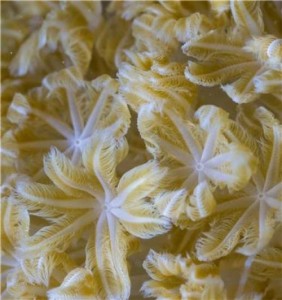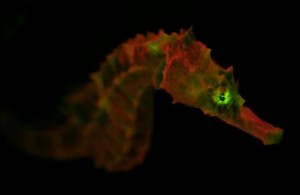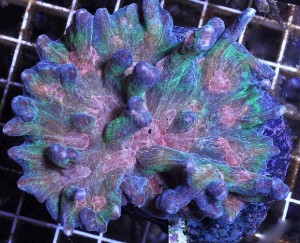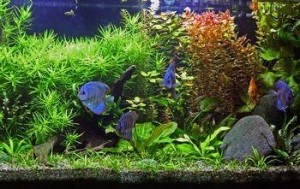
[google_adsense_in_post] Scientists from the Hebrew University of Jerusalem and the Technion-Israel Institute of Technology have recently researched why Heteroxenia corals pulsate. Their work, which answered an old scientific mystery, appears in the current issue of PNAS. One of the most charming sights in the coral reef of Eilat is the continuous motion of the tentacles of a coral called Heteroxenia…. [Read More]









